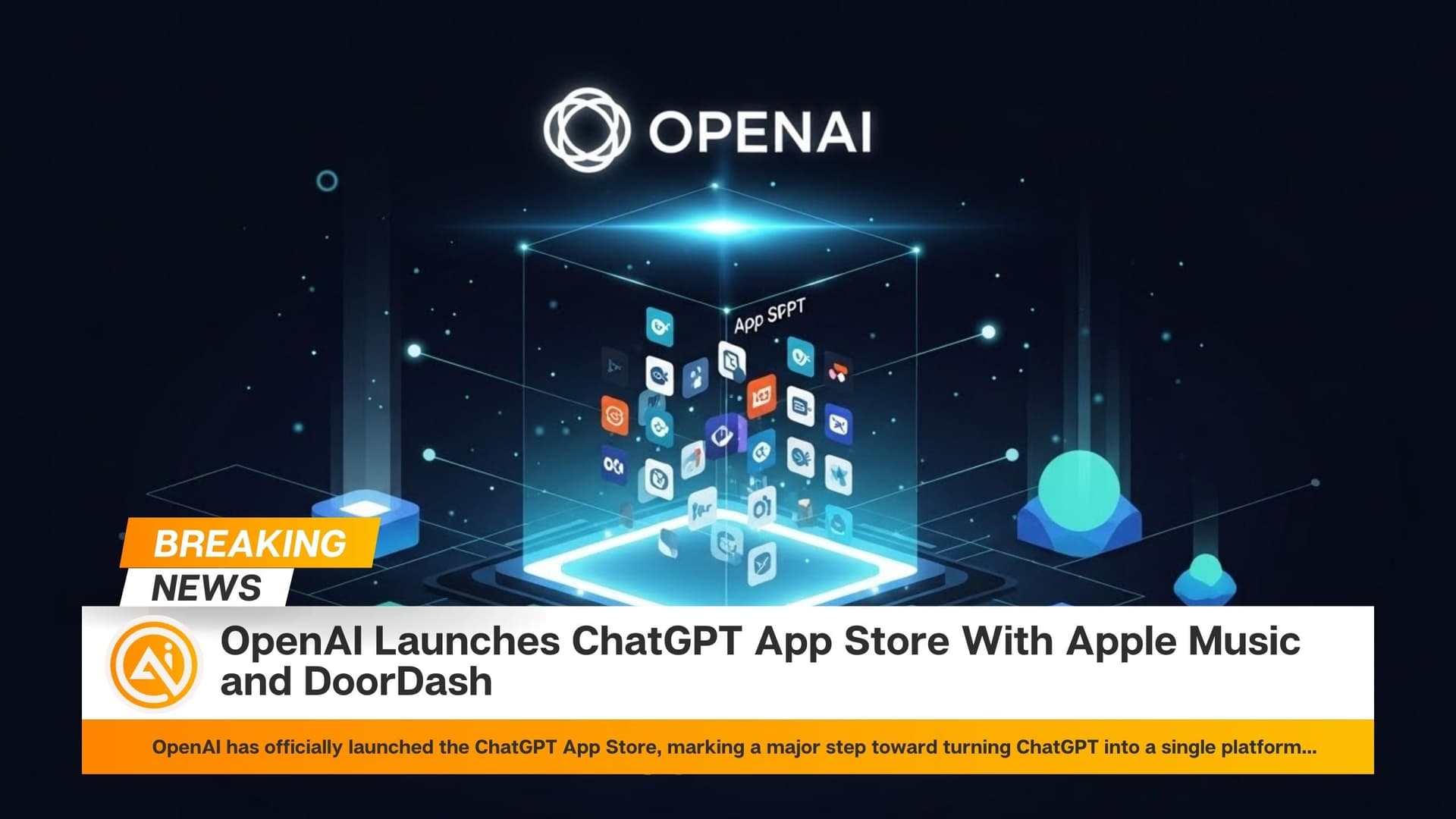Google has introduced SpeciesNet, an AI model designed to identify wildlife species by analyzing images captured from camera traps. This open-source model aims to help researchers and conservationists process large volumes of camera trap data more efficiently.
Camera traps, which use digital cameras with infrared sensors, collect valuable data on wildlife populations, but analyzing this vast amount of data manually is time-consuming. To address this, Google launched Wildlife Insights six years ago, a platform that enables researchers to share and analyze wildlife images collaboratively.
SpeciesNet, which powers many of Wildlife Insights’ tools, has been trained on over 65 million images from publicly available sources and organizations such as the Smithsonian Conservation Biology Institute, the Wildlife Conservation Society, and the Zoological Society of London. Google claims that the AI model can classify images into more than 2,000 categories, including specific animal species, broader taxonomic groups like "mammalian" or "Felidae," and even non-animal objects such as vehicles.
This capability is expected to enhance biodiversity monitoring by providing a scalable solution for identifying species in their natural habitats. Google has made SpeciesNet available on GitHub under an Apache 2.0 license, allowing developers, researchers, and biodiversity-related startups to use the technology with minimal restrictions.
The AI model is expected to support conservation efforts, improve ecological research, and assist in monitoring endangered species. However, Google is not alone in this field. Microsoft’s AI for Good Lab has also developed PyTorch Wildlife, another open-source AI framework designed to detect and classify animals in camera trap images.
With SpeciesNet, Google aims to revolutionize how wildlife data is processed, making it easier for scientists and conservationists to study animal populations more effectively. By leveraging AI, researchers can save time and resources while gaining deeper insights into biodiversity and ecosystem changes.
